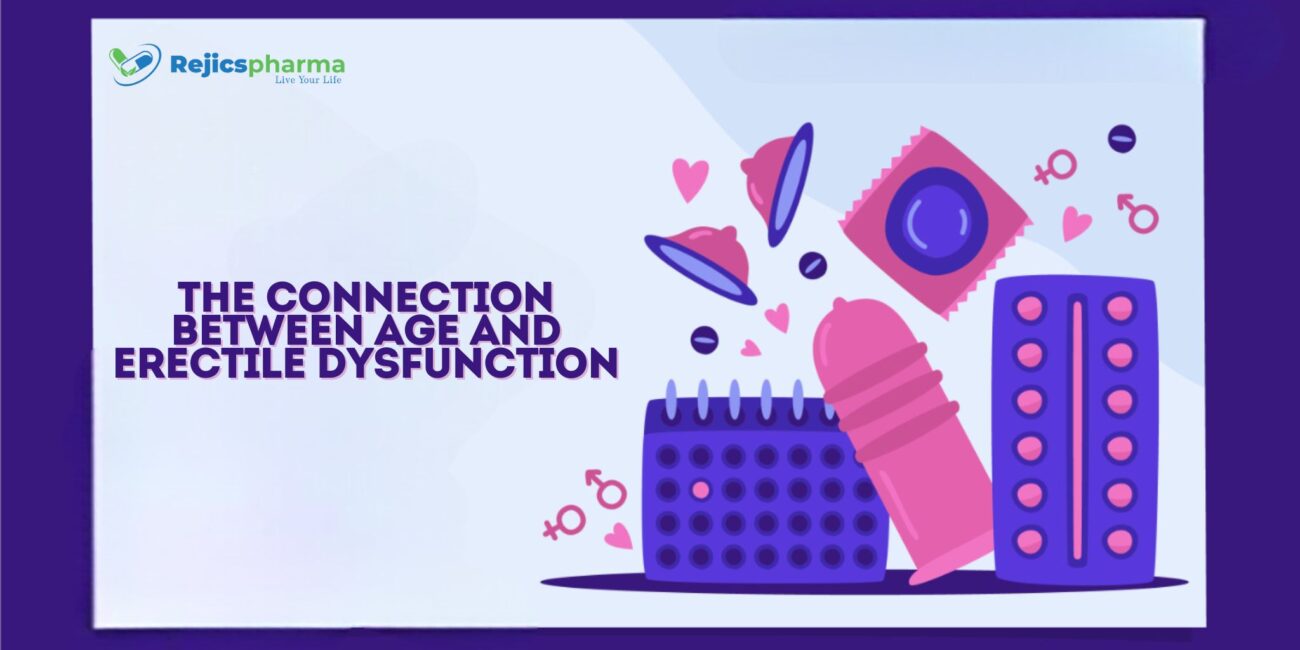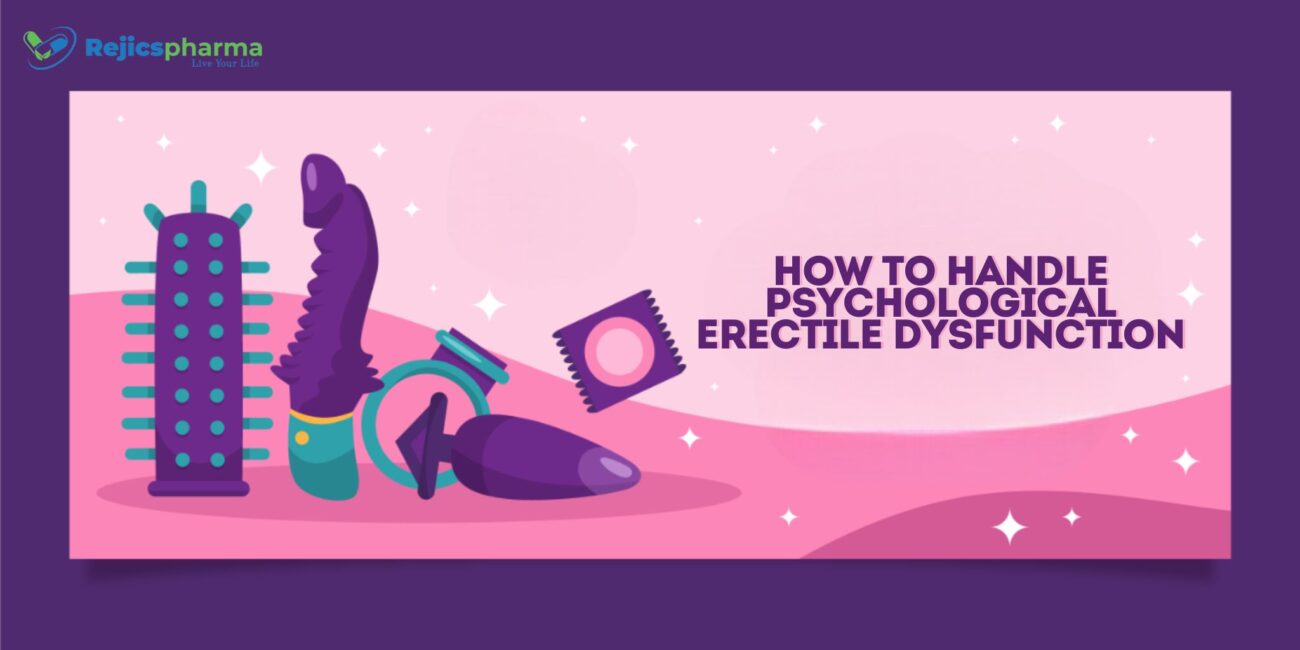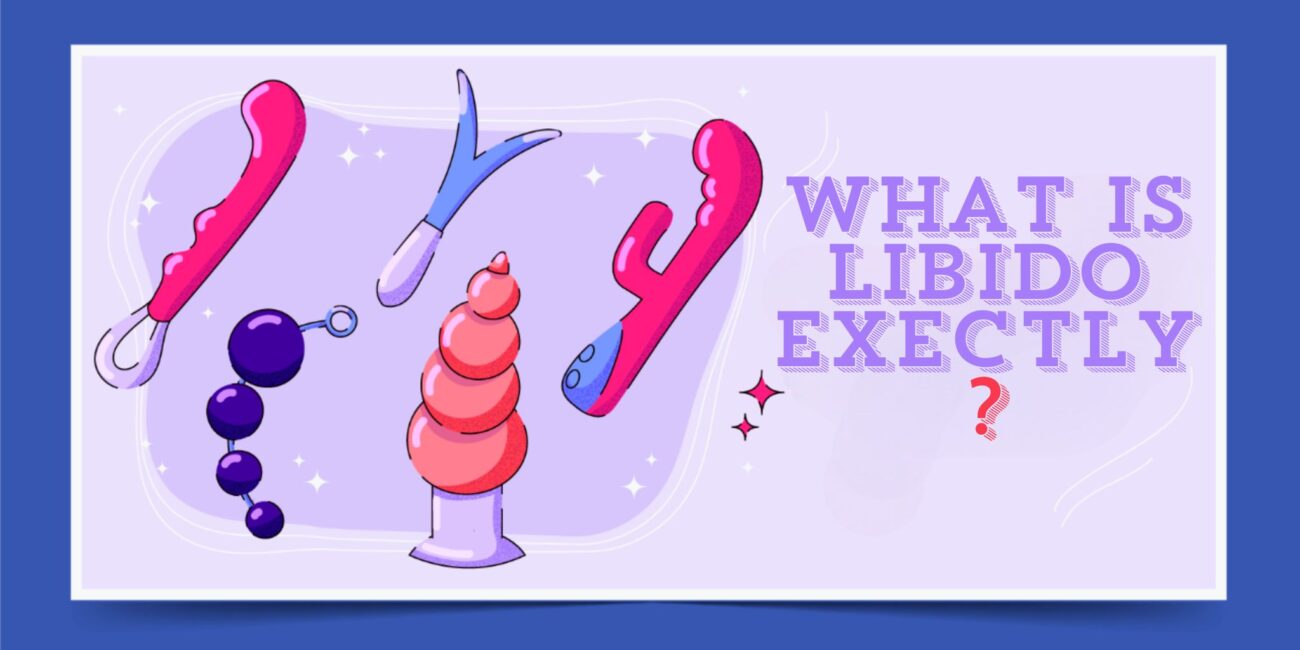Introduction of loss libido
Lack of sexual desire now and then is a common problem that concern every age and sex. Psychologically, it may be affected by the physical and health characteristics of the individual, mental health status and intra/interpersonal relationships. Physically, conditions like low level of testosterone in male or some changes in women due to the menopausal period can reduce erotic drive. Chronic illnesses, medications, fatigue also contribute much to this aspect. Psychologically, stress, anxiety, depression, and low self-esteem are some of the causes. Furthermore, conflicts with a partner, no intimacy with a partner, and changes in a person’s life might also affect sexual desire. Other factors that worsen the situation in chronic diseases include urging habits like lack of balanced diet, no exercise, and substance use.
Low sexual desire can be treated in different ways; primarily, a patient should consult a doctor to check for essential diseases and illnesses, the second way involves counseling through therapy, and the third one implies couples’ better understanding of each other and their relationship between the sheets. Lifestyle improvements including utilization of proper diets, exercising, and stress management can also be of help. Everyone should seek advice from healthcare specialists to get relevant recommendations and therapies on how to regain sexual desire.
Relationship problems with loss libido
Erectile dysfunction decreases intimacy and causes frustration which results in miscommunication and space between couples, especially sexual partners. This is always complex, sometimes stemming from a physical, social, and psychological aspect of a person’s life. Hormonal imbalances, some medications or health issues such as diabetes and heart disease impact physical factors and therefore cut down on sexual desire. Physically, stress is the leading factor, closely followed by anxiety and depression because they sap energy and leave no energy for sex.
Relationships are an important determinant of satisfaction with the reduction in libido among women where it can become self-reinforcing. When one partner loses interest, he or she is rejected by the other, which makes him or her feel incompetent, thus developing hatred and least intimacy. This emotional pressure outcome worsens the situation as the couples cannot freely express themselves and their needs.
Lost libido must be treated in terms of overall solution as this will likely reoccur in the future. Infrastructural communication should be open, enabling the partners to share their worries and fears with no prejudice. Talking to a therapist or to a health care specialist can also be useful as they can offer useful techniques and medications to cope with such problems. Diet and exercise together with changes in the lifestyle that include reduction of stress, exercising and improving diet affects the overall well being of the individual thus improving his/her sex life.
In conclusion, both partners should be patient, understanding and both should try to make an effort for working it out for this sensitive issue for surviving and improving the quality of life in marriage.
Psychological Causes of loss libido
The psychological causes of loss of libido include the following. Lack of frequency is also attributed to stress because when other tasks, pressures, and problems engulf a person’s mind, thoughts of sex cannot penetrate. Other illnesses that are all involved; these diseases are usually involved in reducing one’s interest in activities that earlier in some way or the other were enjoyed including sexual activities. Marital has issues say for instance if there are issues like quarrels or less communication then it reduces intimacy and thus the sexual urge. Also, other factors like past abuse and or negative attitudes towards sex, will significantly impact on one’s sexual desire.
Lack of self esteem and poor body image also make people feel unsexy or undeserving of the sexual attention, thus decreasing their lust. Mental health issues and diseases are other causes since they affect an individual’s mood, and this directly influences the libido. Learning and solving these psychogenic factors, which very often have to be assisted by a sex therapist, is one of the ways to work on the disappearance of the sexual desire and the improvement of the quality of the life.
Hormonal Imbalances causes of loss libido
Several hormones are involved in even sexual desire, and therefore hormonal imbalances will directly affect sexual desire, reducing it. This is mostly due to conditions that cause hormones that are very crucial in sexual desires and activities to be produced in either inadequate or excess amount. The primary cause that is often found in men as having decreased sexual desire or sexual urges is low testosterone level. This is an important sex hormone and when it is low can be due to old age, stressing conditions or hypogonadism.
Thus, it is seen that in women, hormonal imbalance such as estrogen and progesterone has an impact on desire. Estrogen level is not constant, but varies with the menstrual cycle however, conditions like – menopausal women, and polycystic ovary syndrome (PCOS) lead to a considerable reduction in estrogen level. Also pregnancy, sexual health, and reproductive system in both male and female greatly depend on the thyroid hormones. There is hypothyroid, the under active thyroid – and it comprises of tiredness and weight gain and low desire for sex.
Other causes of hormonal imbalances are poor stress due to its increase of cortisol levels, and medications that may hinder synthesis of hormones. One may need to exercise, reduce stress and visit a doctor if they are experiencing such problems so that imbalances may be addressed in dealing with libido.
Buy Libido Booster Pills
Medical Conditions causes of loss libido
Reduced sexual desire can be a consequence of medical conditions that impact one’s physical and psychological well-being. Endocrinal disorders with low testosterone in males and estrogen or progesterone in females are common contributors. Hypothyroidism and hyperthyroidism are the forms of thyroid disorders, which also cause a decrease in libido. Diabetes, heart diseases, and obesity, are diseases that have an impact on the body and its energy levels and this directly impacts the blood flow hence desire.
Affordable Libido Loss Causes Thus, mental health conditions such as major depression and generalised anxiety disorders are primary causes of loss of sexual desire. These conditions reduce se sexual desire because they are emotionally and psychologically draining. Another is stress; work stress, marital stress or even financial stress can greatly affect a person. Also, some drugs, including anti depressants, blood pressure tablets and chemotherapeutic agents, have been known to cause reduced sexual desire.
Other contributors are such conditions as arthritis that causes pain when engaging in sexual activities; sleep disorders such as insomnia and sleep apnea that lead to fatigue hence low libido. It was also established that through medical treatment, as well as chlorophyllilization, the indicated underlying pathologic conditions can assist in reversing asexuality.
Lifestyle Factors of loss libido
Lack of sexual desire may have numerous causes related to the given patient’s life style, which, in turn, is closely connected with one’s physiological and mental state. Stress is also relevant as persistent stress leads to elevation of cortisol levels that may in turn, decrease the levels of sex hormones. Aerobic inactivity and improper diet promote obesity, cholesterol accumulation, weakness, and all these factors affect sexual desire.
Sleep also deprivation is another factor that cannot go without mention. If one does not get enough sleep, the generation of hormones as well as general mood may be affected thus resulting in low libido. Excessive use of alcohol and cigarettes helps to aggravate the situation since blood and nerve supplies are crucial for realizing sexual arousal.
The mental health is also crucial; the diseases like depression and anxiety decrease the level of the sexual desire. Further, some drugs, especially anti-depressants and those that regulate blood pressure affect the libido in a negative way.
Lastly, it is impossible to overlook the presence of relationship dynamics. Especially such factors as lack of communication, presence of conflicts, and emotional estrangement of the partners influence sexual desire. A lot of lifestyles changes can be made to overcome these factors and revitalize the libido and prevent it from dropping off the cliff; eating right, reducing stress, talking things out, and getting help when things are not well.
Alcohol and smoking causes loss libido
Such habits as alcoholism and smoking have adverse effects on the libido level, lowering it in this case. The effects of alcohol, especially when taken to the extreme may lead to a low testosterone level, damage to the nervous system, and restricted blood flow to the sexual organs all of which are vital for sustaining hardwood. It also causes cirrhosis of the liver; with damaged liver in place, hormone regulation becomes impossible.
Cigarette smoking, in this case, brings along poison which have a negative impact on the arteries hence circulation is also affected. Blood supply is critical for getting and maintaining an erection. Also, smoking has an impact on the testosterone levels and leads to the problems with lungs and heart; consequently the sex desire and sexual performance is also influenced negatively as well.
The two also cause specific psychological conditions, stress, anxiety, and depression which are some of the main causes of low libido. If one is able to break these habits, there is often dramatic enhancement in their sexual health and well being.













